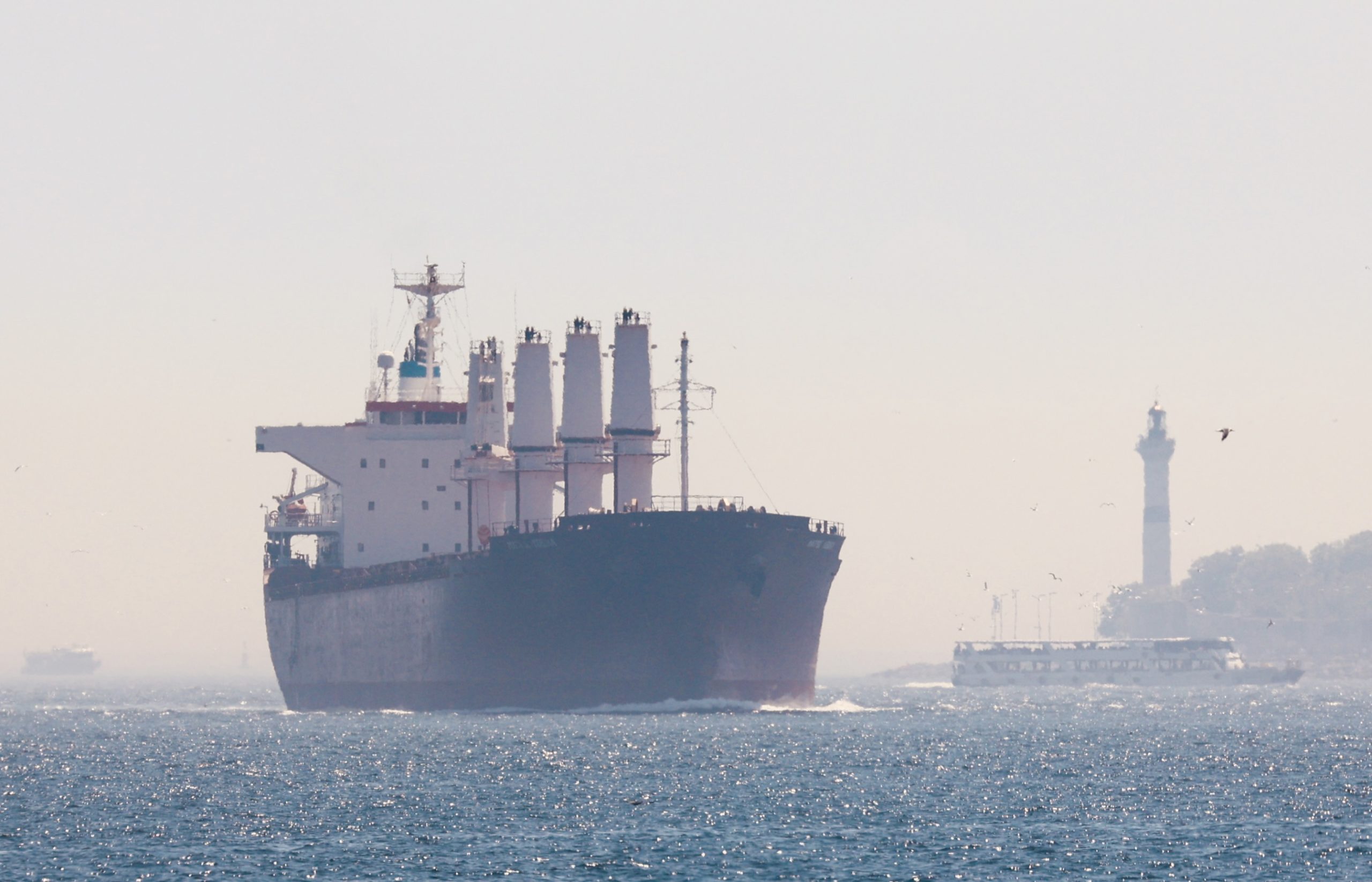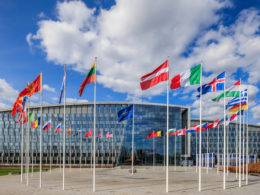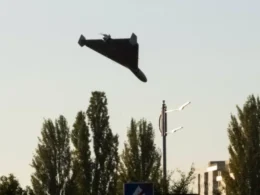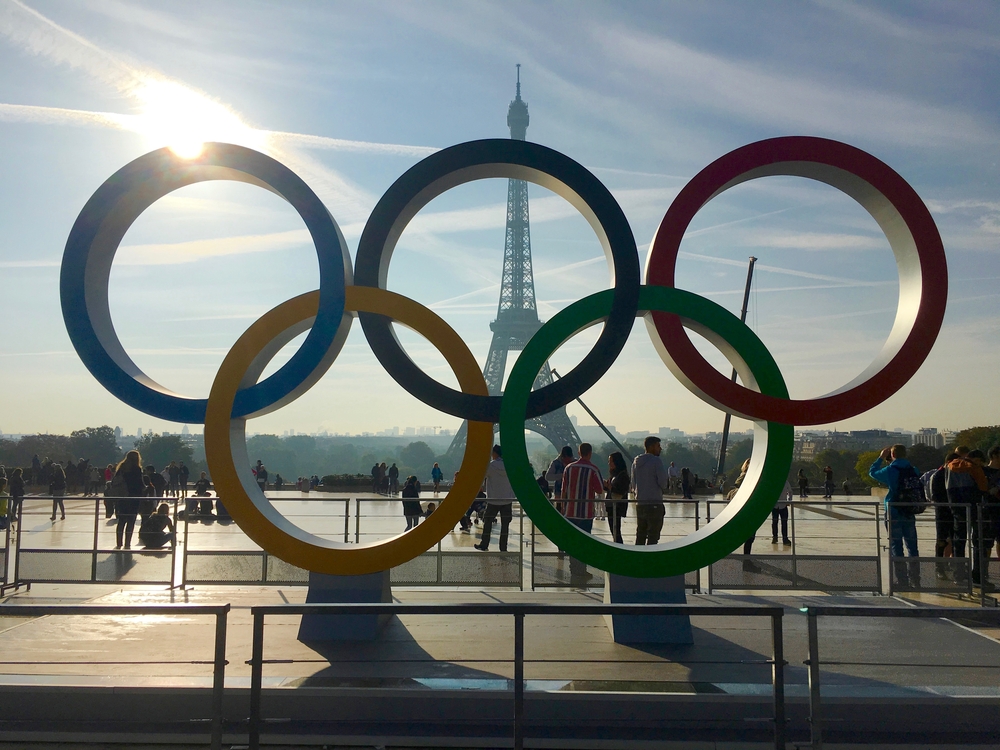During a press conference in Kyiv on November 25, Latvian President Edgars Rinkēvičs called for the imposition of sanctions on grain and other products originating from Russian-occupied Ukrainian territories, Interfax Ukraine reports.
“Food and medical products are not included in the sanction package. But I think that issues of grain or other food products originating from the occupied territories of Ukraine should still be taken into account in the sanction mechanism,” he said.
Rinkēvičs emphasized the importance of coordinating the enforcement of the 11 EU sanction packages, including rigorous scrutiny of goods' origins, and aligning these efforts with sanctions imposed by other nations. He stressed the ongoing need to verify product origins.
Lithuanian Prime Minister Ingrida Šimonytė, who also visited Kyiv on 25 November, pointed out that Russian propaganda is attempting to obstruct the imposition of sanctions on agricultural products from the occupied territories by disguising it as a humanitarian need for food supply to affected nations. She acknowledged the growing food supply challenge, attributing it to Russia's war against Ukraine. Šimonytė stressed the crucial principle of ensuring that Russia does not benefit from the invasion.
“To prevent Putin from being able to benefit from what he stole ... That is why we need to strengthen the appropriate control mechanisms,” she said.
She emphasized the need to address these compliance gaps with sanctions through the collaboration of customs, border, and other relevant services, particularly concerning countries bordering Russia and their trade involving dual-use products.
Read also:
- Lithuania PM: Only way to achieve lasting, just peace is by helping Ukraine win
- Latvian President visits Ukraine to show solidarity and support
- Texty: Russia made over $ 5 bn on stolen harvest in occupied Ukraine
- Lithuania announces new military aid package for Ukraine
- Russia’s “unprecedented” Ukrainian grain theft premeditated war crime, legal report suggests





